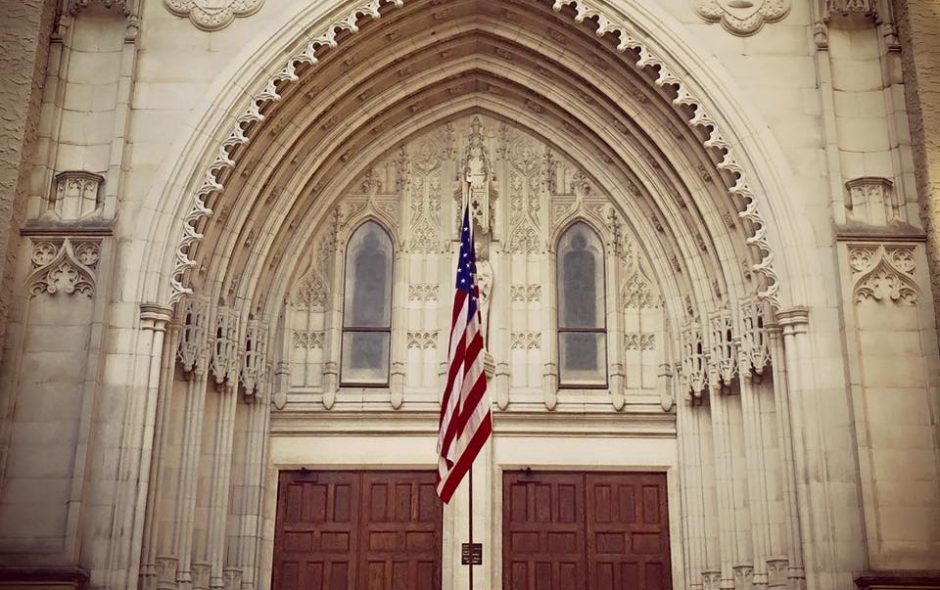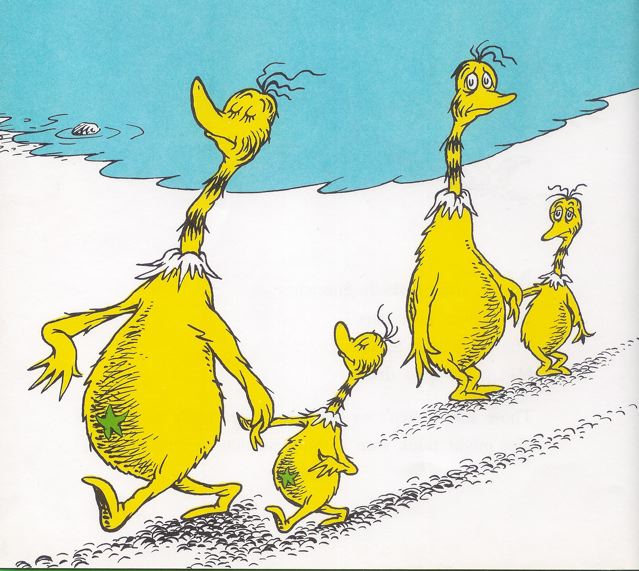A couple of weeks after Easter Sunday, a very dear friend of mine, Mrs. Adams, received a call that her brother-in-law, an Orlando resident, died. This would be bad news for most people, but for my friend this news was fraught with additional angst.
- She is ninety-five years old and lives just outside Westchester, New York.
- Although Mrs. Adams spent decades in central Florida, Orlando is not a place full of happy memories for her. Having witnessed Ku Klux Klan marches and experienced more social and civil injustices than you or I could imagine, you can understand why upon leaving the Sunshine State ten years ago, Mrs. Adams (a Black woman) had no intention of ever returning to Florida.



